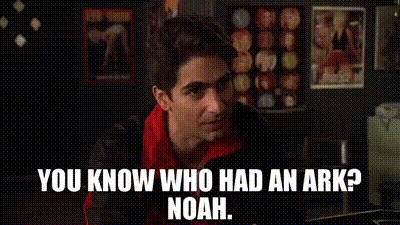Oh great, who are they? And yeah then define: spaceTime and consciousness as emergent. If an an acorn falls from the tree and no-one is around to see it grow, will it change form etc
Archaeology has the odd good read on temporality when you get an advancement in dating systems. Alasdair Whittle has written on cyclical and linear temporal frameworks of a continuous cosmos worldview in the deep past and how enculturation of time shapes interpretation, then and now. Sites not just as calendars but mnemonic markers within converging planes of existence
Lee Smolin says you can have time without space. Far out
stoned thoughts
Has it flowered? You could leave until Nov 5th, they are hardy cunts, but if you have to move due to curtain twitchers and have a decent flower distribution, hack it. Trim all the shade leaves off asap, tie a bit of string in a room you use the least and hang the buds from stalk overhangs for...www.dissensus.com
sorry to keep asking so many questions


